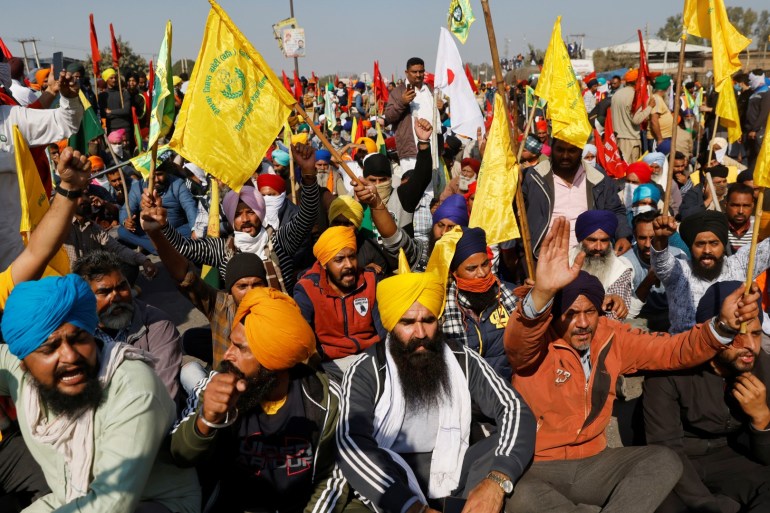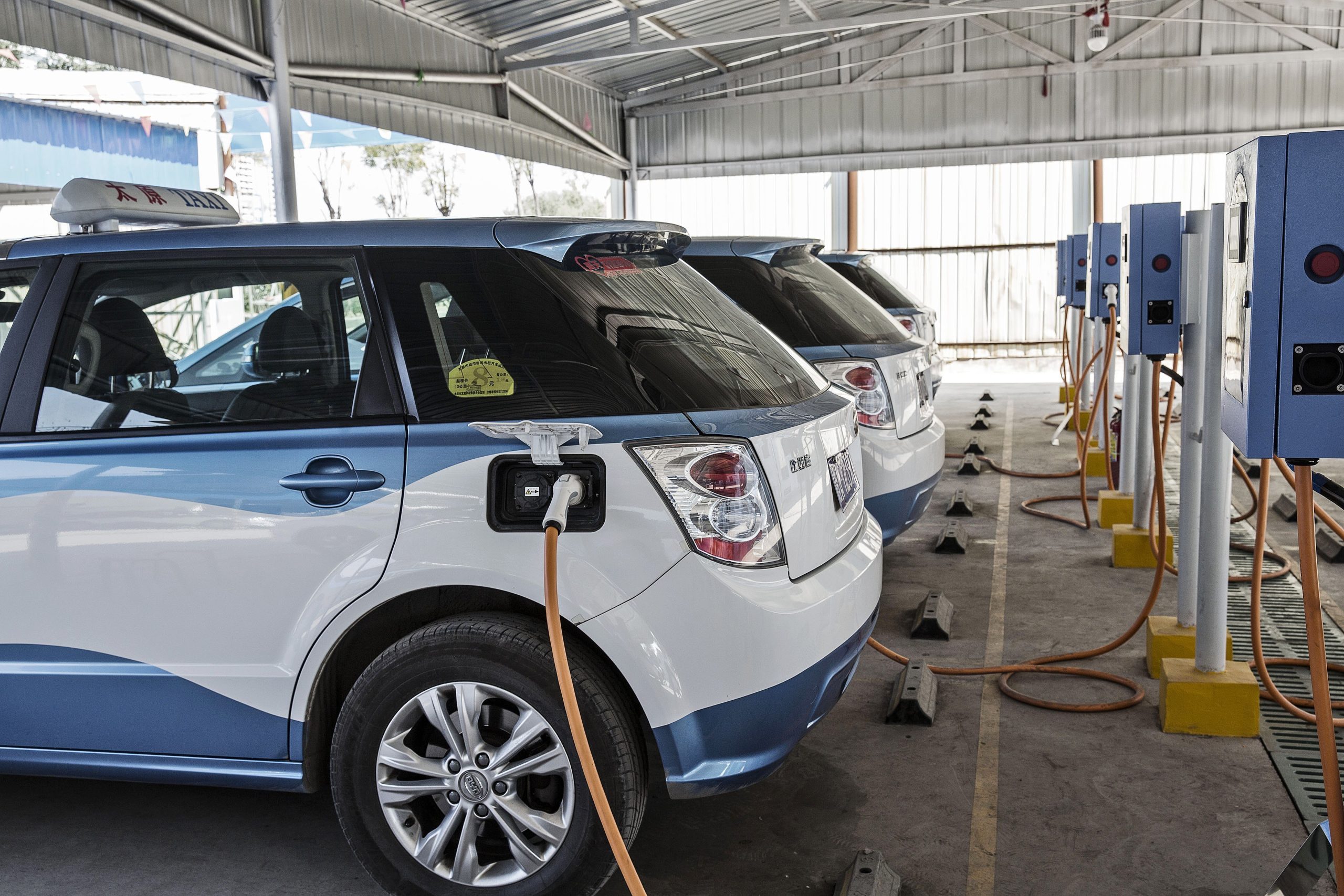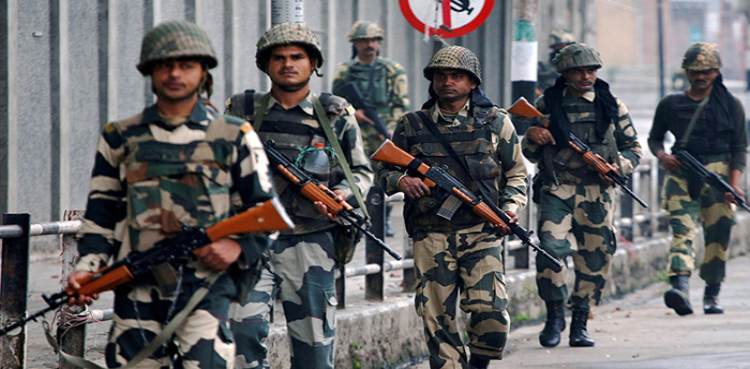More than 200,000 Indian farmers and their supporters have occupied the streets of New Delhi for days in protest against three new agriculture reform laws, blocking major highways into the capital city and vowing to remain camped there until the laws are repealed.

The legislation, enacted by Prime Minister Narendra Modi’s Bharatiya Janata Party (BJP) in late September, aims to deregulate India’s agricultural industry in a move the government says will both provide farmers with more autonomy over choosing prices and make the agricultural sector more efficient.
Under the new policies, farmers will now sell goods and make contracts with independent buyers outside of government-sanctioned marketplaces, which have long served as the primary locations for farmers to do business. Modi and members of his party believe these reforms will help India modernize and improve its farming industry, which will mean greater freedom and prosperity for farmers.

But the protesting farmers aren’t convinced.
Although the government has said it will not drop minimum support prices for essential crops like grain, which the Indian government has set and guaranteed for decades, the farmers are concerned they will disappear. Without them, the farmers believe they will be at the mercy of large corporations that will pay extremely low prices for essential crops, plunging them into debt and financial ruin.
“Farmers have so much passion because they know that these three laws are like death warrants for them,” Abhimanyu Kohar, coordinator of the National Farmer’s Alliance, a federation of more than 180 nonpolitical farm organizations across India, told me in an interview. “Our farmers are doing this movement for our future, for our very survival.”

The distressed state of farmers in India is cause for concern. A 2018 study by India’s National Bank for Agriculture and Rural Development found that more than half of farmers in India are in debt. More than 20,000 farmers in the country died by suicide from 2018 to 2019, and though there is considerable debate, several studies suggest that farmers’ indebtedness has been a major factor.
In comments made November 30 from the banks of India’s sacred Ganges River, Modi sought to reassure farmers that the new laws would benefit them. “These reforms have not only served to unshackle our farmers but also have given them new rights and opportunities,” Modi said.

Modi has blamed India’s opposition parties, which have been speaking out strongly against the bills, for agitating the farmers by spreading rumors.
“I know that decades of falsehood do put apprehensions in the minds of farmers, I want to say this from the bank of Mother Ganga — we are not working with the intention of deceiving. Our intentions are as holy as the water of the river Ganga,” Modi said.

The farmers, who are mostly from the nearby Punjab and Haryana regions, began marching to New Delhi by the thousands in tractors and cars on November 26 to demand the prime minister repeal the laws. They were met by large numbers of police in riot gear, who used tear gas, water canons, and batons to keep the protesters at the border of New Delhi and Haryana state.
The farmers, who have brought enough supplies with them to last for at least six months, are determined to stay until Modi’s government repeals the new farm bills and enshrines the minimum support price into law, among other demands.















































